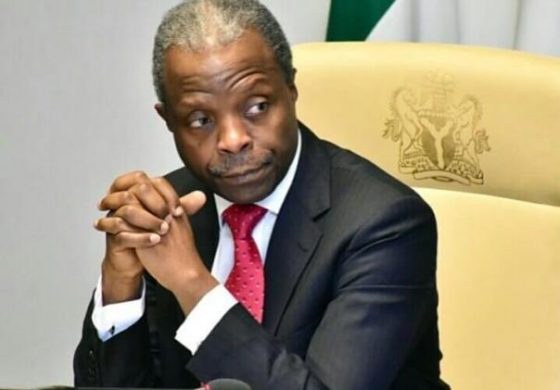Nigeria’s foreign direct investment (FDI) inflows have continued to gain more traction following the ongoing economic policy reforms of the government with about $83.9 billion investments inflow into the economy from January 2017 and the end of the first quarter of this year.
The evidence of the improved FDI inflows was contained in a report by the Enabling Business Environment Secretariat in the Vice President’s office titled ‘2018 Making Business Work”, evaluated government’s efforts in improving the business environment in Nigeria.
The report was presented to the Vice President, Prof. Yemi Osinbajo, during the monthly meeting of the Presidential Enabling Business Environment Council (PEBEC).
An analysis of the capital investments showed that in 2017, over $66 billion worth of investments were attracted to the nation’s economy. These comprised 112 projects spread across 27 states and the FCT Abuja.
In the first quarter of this year, $17.9 billion worth of investments were recorded, as actual capital importation stood at $6.3 billion, representing over six times the value in the corresponding period of last year.
The Senior Special Assistant to the President on Media & Publicity Office of the Vice President, Laolu Akande, who released the report yesterday, explained that measurable progress had been recorded on multiple fronts as the economy continued to respond to key government interventions.
He listed the key areas of interventions as inflation, foreign exchange & external reserves, capital market, investment, infrastructure and social investment programmes.
Akande said that the report also showed that under economic growth, the implementation of the Economic Recovery and Growth Plan, ERGP, led the economy out of a recession in 2017 and resulted in its growth by0.83 percent, up from -1.58 percent recorded in 2016, on the back of improvements in agriculture, industry and trade.
The report further showed that the economy registered four consecutive quarters of steady growth and that for the first time in Nigeria, under the competitiveness section of the ERGP, soft infrastructure was expressly recognized as a deliberate strategy to attain economic development through the facilitation of an enabling business environment for businesses to thrive.
The report specifically recognized government’s efforts in improving the effectiveness of soft infrastructure such as the financial system; the education system; health care system; the system of government; law enforcement; and emergency service.
The report stated further: “Nigeria’s reforms have so far seen it successfully move 24 places up the World Bank Ease of Doing Business rankings. Overall, in the current reform cycle, the PEBEC focused on three pillars to accelerate and expand the impact of completed reforms.
The focus will be on deepening existing reforms. Complete pending initiatives and ensure implementation of completed reforms launched in 2017, including communication and consequence management, as well as making the reforms sustainable.”






